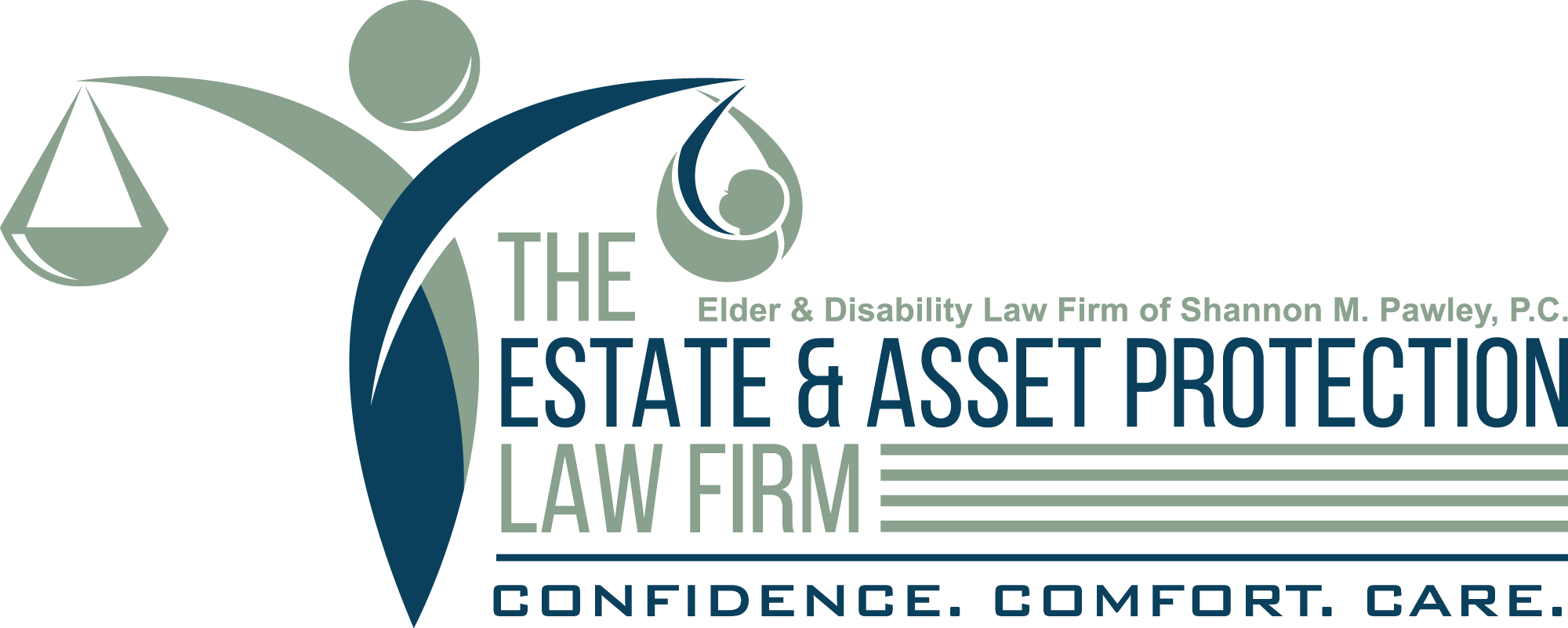Elder Care and Hospice: Dispelling Common Myths About What To Expect In A Hospice Experience

Elder Care Topics and Myths: The Hospice Experience
Way back in 2016, pre-pandemic, there were nearly 1.5 million Medicare patients who were enrolled in hospice care. The awareness of hospice services continues to increase as do the number of people choosing hospice services. However, there have been a number of fear-based myths surrounding the understanding of what hospice is.
In this article, I’m sharing some of the most common hospice myths. However, it is important to recognize that during the COVID-19 pandemic, hospice services may be limited as the medical system is stretched thin and they are cautious about tending to the needs of those dying of COVID-19 related causes. Also, many of our elderly loved ones in the last days of their lives are quarantined in nursing homes.
The important thing I hope to bring to light is that hospice is a compassionate and caring way to help our loved ones make their exit from this plane of existence. I would love to see more people signing up for the care that can help not just the person who is dying, but also the grieving ones left behind.
Here are just a few of the most common myths about hospice care that elder care providers hear:
Myth: Hospice ends at six months
It is a fact that for most insurance plans, including Medicare, to pay for hospice, a patient should have a life expectancy of six months or less. That is often mistakenly taken to mean that only six months of care is provided and covered. Many patients remain in hospice longer than six months.
Some patients actually improve under hospice care and are discharged, though they can return to hospice if their health declines again.
According to an article at NPR.org, “Government reports show least 2000, peaking in 2012 and 2013 at almost 1 patient in 5, though more recently the percentage has declined somewhat. But the rate actually varies widely from one care organization to another. Some hospices discharge fewer than 2 percent of their patients prior to death, while others discharge more than 80 percent. Nonprofits have lower rates of live discharge than for-profit hospices. Regionally, live discharge rates are highest in the South.” https://www.npr.org/sections/health-shots/2017/08/11/542607941/nearly-1-in-5-hospice-patients-discharged-while-still-alive
Myth: Hospice is for your final days
Frequently people have gone into hospice and passed away in a few days. The reason for this is usually due to hesitation about signing up for hospice.
There are studies that show that most people don’t sign up for hospice services until the last weeks or days of life. They may have been given a prognosis of six months or less to live and hospice isn’t called in until that time frame has come to an end. As mentioned above, signing up for hospice care earlier actually can improve patients’ quality of life.
Myth: Hospice staff will give too much pain medication or euthanize the patient
With opioid addiction at epidemic proportions, many people have concerns about pain medication given to their loved ones who are hospice patients. Hospice care teams often use morphine, which is perceived as more dangerous than common painkillers like hydrocodone or oxycodone. Morphine, however, can be given in much lower doses and in multiple forms.
Also, remember that hospice is an elective service. Patients can refuse services. Additionally, active euthanasia is illegal throughout the United States. While family members might think a patient is heavily sedated, keep in mind that the slowing down is part of the changes that come with the end of life.
When It Comes to Elder Care, Hospice Care Is Part Of Living Well And Dying Well
In our work with the elderly, it is common to encounter people who wait until it is almost too late to make an estate and asset protection plan. When there are no legal plans in place the thought of dying creates anxiety instead of a sense of calm peacefulness. Including long-term care in your estate plan is important and taking advantage of hospice care at the earliest possible point after a prognosis will help wrap up a life well-lived.
Looking to find an experienced estate lawyer in the Georgia area who is skilled in asset protection and estate plan preparation? Shannon Pawley is an attorney in Georgia with expertise in estate planning and asset protection. Shannon can provide assistance with creating an estate plan to include making a will and how to establish a trust properly. If you have questions about asset protection or questions about making an estate plan, reach out to Shannon and she will be glad to help answer all the estate planning questions you might have!







